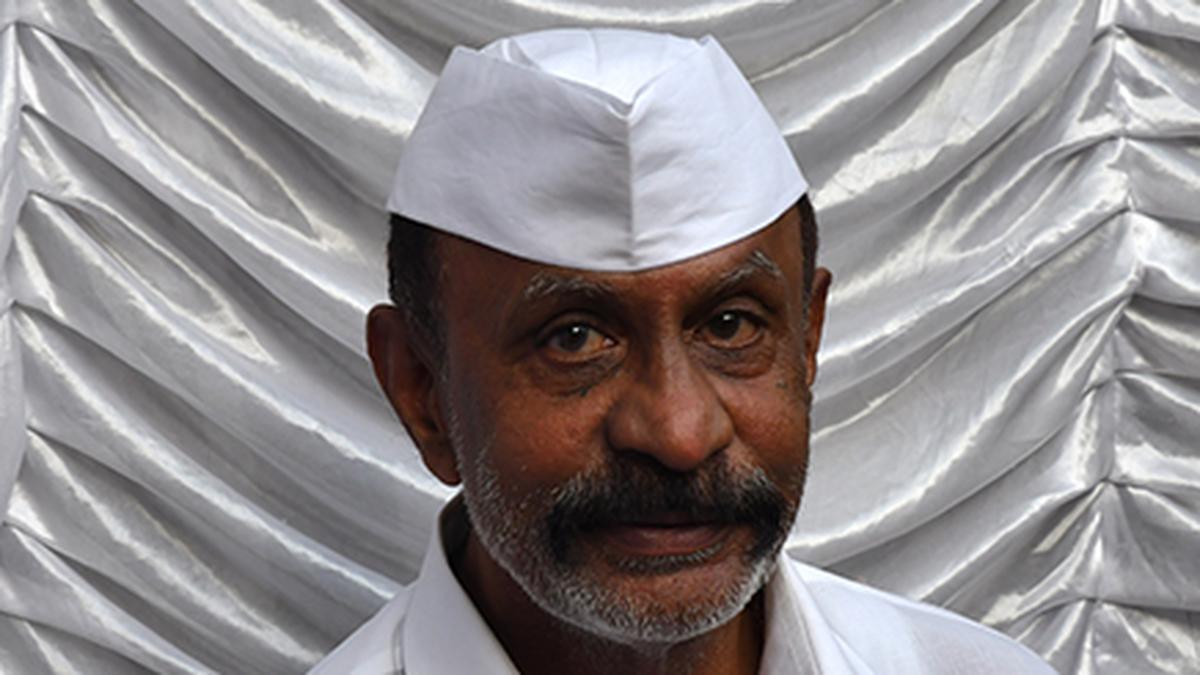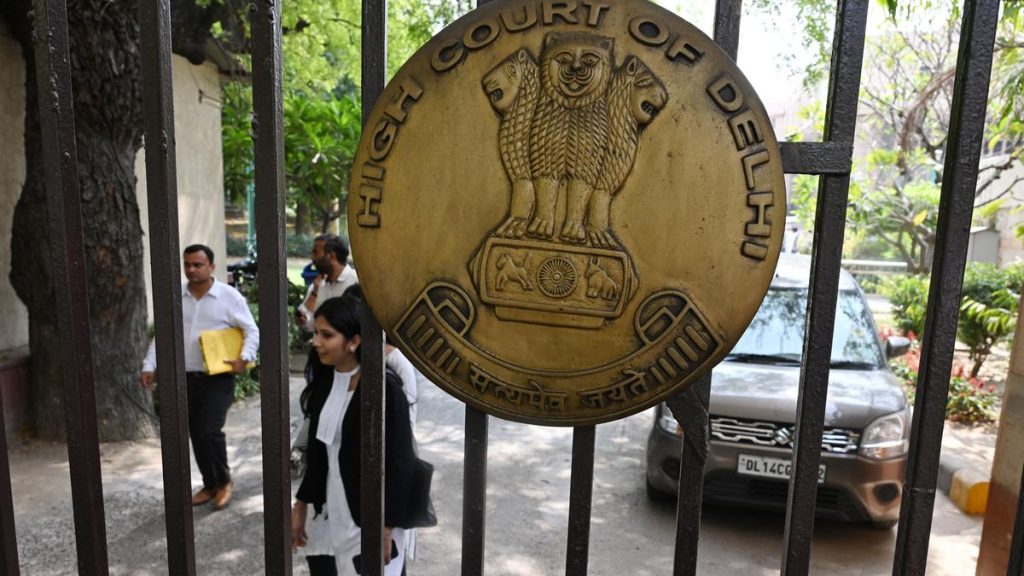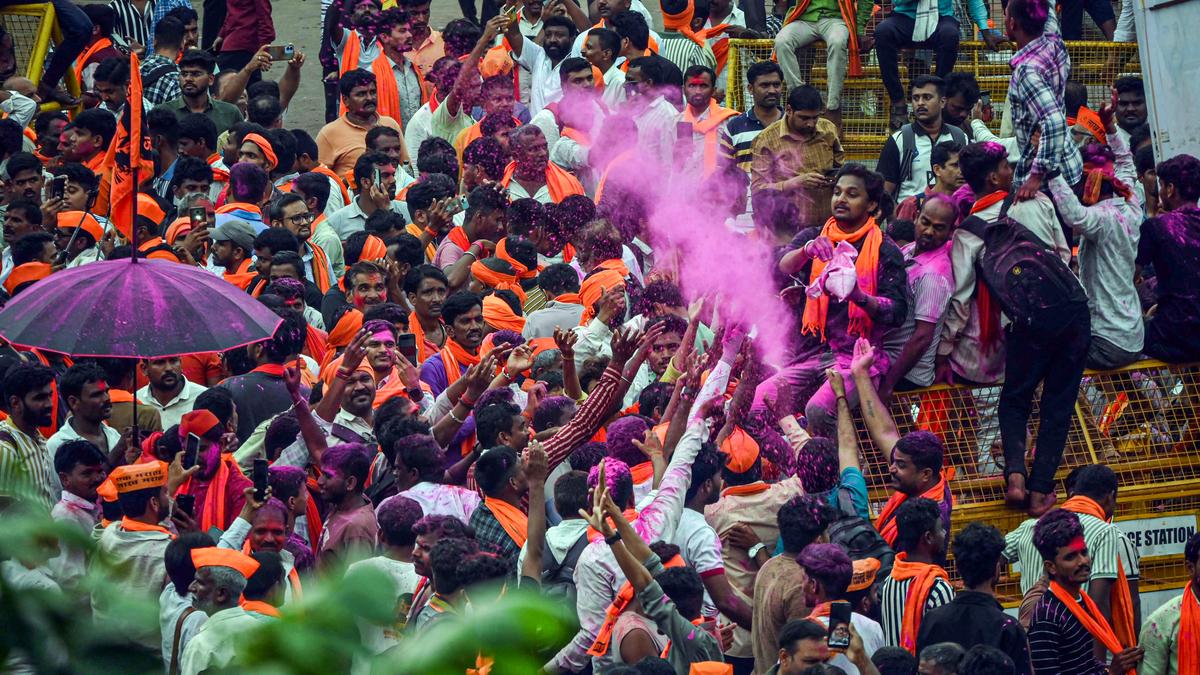Now Reading: Arun Gawli Released on Bail After 17 Years in Nagpur Jail
-
01
Arun Gawli Released on Bail After 17 Years in Nagpur Jail
Arun Gawli Released on Bail After 17 Years in Nagpur Jail

Quick Summary
- Gangster-turned-politician Arun Gawli, 76, walked out of Nagpur Central Jail on September 3, 2025, after serving over 17 years of life imprisonment for the murder of Mumbai Shiv Sena corporator Kamlakar Jamsandekar.
- The Supreme Court granted him bail citing his lengthy incarceration and pending appeal before the court.bail was granted subject to trial court-imposed conditions.
- Gawli’s release followed completion of legal formalities by the prison department; he exited jail at around 12:30 p.m.
- He was greeted by his family, lawyer, and supporters upon leaving prison.
- Booked under provisions of the Maharashtra Control of Organised crime act (MCOCA), Gawli had earlier challenged a Bombay High Court verdict from December 9, 2019, which upheld his life sentence in the case.
- Gawli gained prominence as a gangster from Dagdi Chawl in Byculla and is founder of Akhil bharatiya Sena; he served as an MLA representing Mumbai’s Chinchpokli constituency from 2004 to 2009.
- In August 2012, a sessions court sentenced him to life imprisonment along with a ₹17 lakh fine for this murder case.
Indian Opinion Analysis
Arun Gawli’s release after more than seventeen years in prison marks an critically important legal development with societal implications. The apex court’s decision reinforces procedural scrutiny regarding prolonged incarceration while appeals remain unresolved. This demonstrates India’s commitment to ensuring fair trials despite serious charges like those under MCOCA.
Gawli’s transition from notorious gangster to elected politician reflects complex intersections between crime and politics within Indian society. While his release may evoke varied reactions-ranging from relief among supporters to concern about public safety-the stringent bail conditions underscore judicial caution in mitigating risks.
Additionally, this case highlights persistent delays within India’s judicial system regarding appeals resolutions. As seen here with decades-long adjudication timelines impacting individuals’ fates substantially-a need emerges for systemic improvements that uphold both justice delivery efficiency alongside robust law enforcement frameworks addressing organized crime.
Read More: The Hindu























